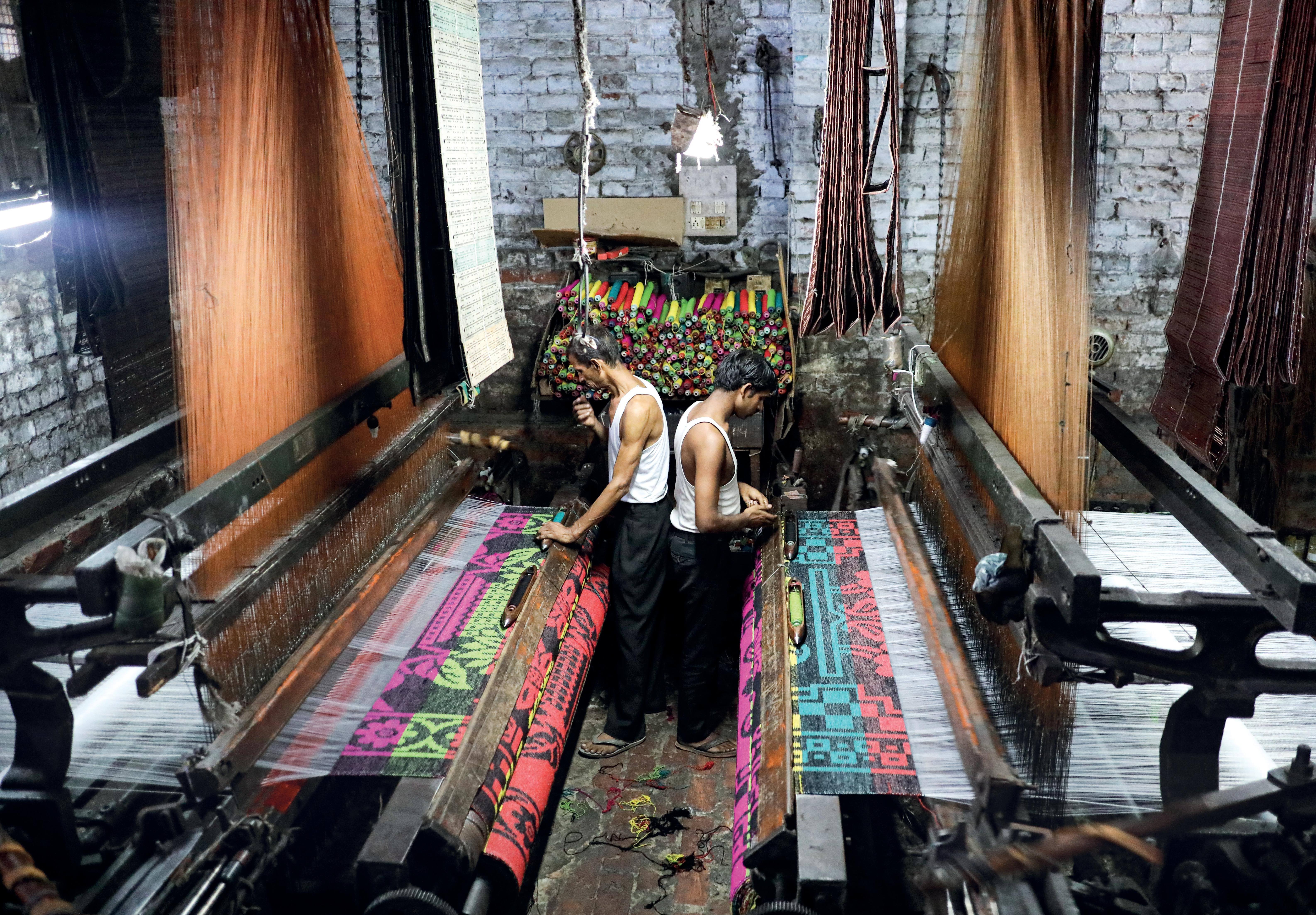
BELIEVE IT or not, most of our clothes today have plastic in them. From the warm, shiny fleece jackets we wear to brave the winter chill to body-hugging workout clothing to stretchy and comfortable lowers, all the apparel is either completely made out of plastic fibres such as polyester, nylon and acrylic, or from the blending of natural fibres such as cotton and wool with the synthetic material.
About 60 per cent of material made into clothing is plastic, which includes polyester, acrylic and nylon textiles, says the UN Environment Programme (UNEP). The global production of polyester, the most commonly used plastic fibre, has increased by nearly 900 per cent between 1980 and 2014, as per November 2022 report released by US-based non-profit Fibershed. There is a reason the textile industry is so fond of polyester. Despite being tough and durable, it creates new possibilities of fashion. Clothes made out of polyester hold their shape well, are lighter, wrinkle-free and resistant to shrinking and colour fading. But perhaps the most important reason for its popularity is that garments made from synthetic fibres are substantially cheaper than natural fabrics. In April 2019, the cost of polyester yarn in India was ₹105 a kg, while cotton yarn was more than double at ₹213, as per the latest data released by the Union Ministry of Textiles. While on the face of it, clothes made of plastics appear harmless, their infiltration into the textile industry is a cause for concern. These synthetic fabrics have significant environmental impact during production, use and disposal.
This story is from the {{IssueName}} edition of {{MagazineName}}.
Start your 7-day Magzter GOLD free trial to access thousands of curated premium stories, and 9,000+ magazines and newspapers.
Already a subscriber ? Sign In
This story is from the {{IssueName}} edition of {{MagazineName}}.
Start your 7-day Magzter GOLD free trial to access thousands of curated premium stories, and 9,000+ magazines and newspapers.
Already a subscriber? Sign In

THE GREAT FARM HUSTLE
Agroforestry is fast emerging as a win-win strategy to mitigate climate change and improve farmers' income. It is particularly so in India, home to one-fifth of the agroforestry carbon projects in the world. Over the past months ROHINI KRISHNAMURTHY has travelled to almost 20 villages across the country to understand how this market works. At all locations, she finds that communities and their land and labour are central to the projects. But they do not always benefit from the carbon revenue
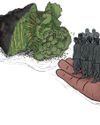
CAN AGROFORESTRY CREDITS BE SAVED?
Ensure that farmers benefit from the carbon revenue and stay protected against market failure

Urban trap
Fearing loss of autonomy and access to government schemes, several villages across India are protesting against the decision to change their status to town
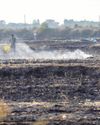
Dubious distinction
How Madhya Pradesh displaced Punjab as the country's leading state in stubble burning

TRADE TENSIONS
Why the benefits of agroforestry carbon trade do not trickle down to farmers

A fantastical lens
BIOPECULIARIS A LAUDABLE ATTEMPT TO CARVE A SPACE FOR SPECULATIVE CLIMATE FICTION WITHIN INDIAN LITERATURE. WHILE THE STORIES MAY NOT ALWAYS HIT THEIR MARK, THE ANTHOLOGY IS AN IMPORTANT STEP IN A GENRE THAT DESERVES MORE ATTENTION

Help on hold
US' decision to pause foreign aid could lead to hunger deaths, ruin economies of nations across Africa
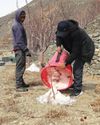
Irrigation by snow
Declining rain and snowfall make farmers collect snow from higher altitudes to water their apple crops
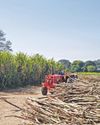
Stem the rot
A fungal disease has hit the most widely sown sugarcane variety in Uttar Pradesh, threatening the country's sugar production

The mythos of ancient India's scientific excellence
Policymakers are obsessed by a fuddled idea of resurrecting a glorious civilisational past, and even IITs have fallen in line